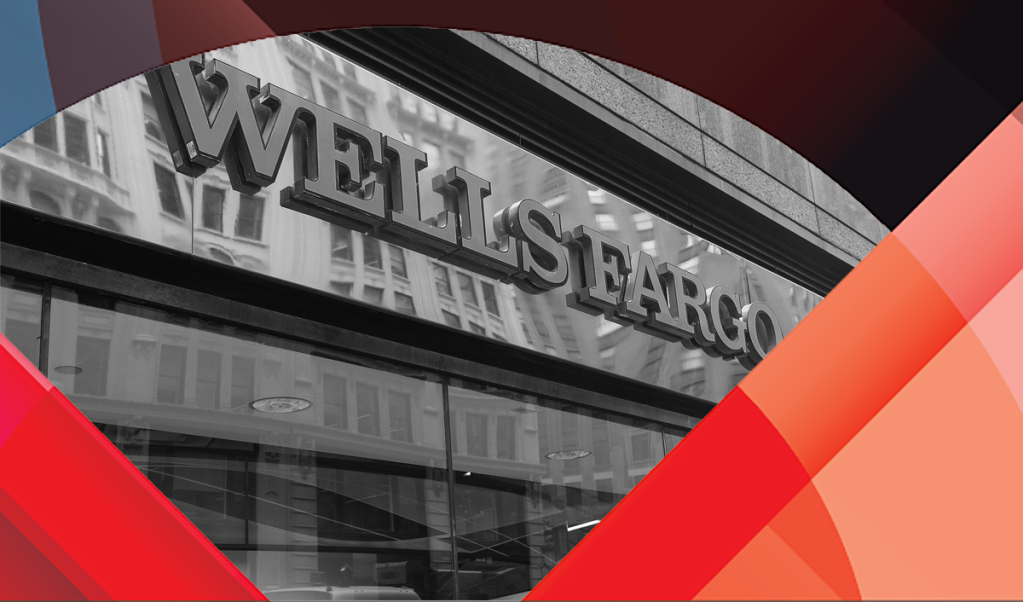
Two of the nation’s largest banks – JPMorgan Chase and Wells Fargo & Co. – had their mortgage businesses hit hard by the higher interest rate landscape in the first quarter of 2022.
The financial institutions reported double-digit declines in origination volume and net earnings from January to March, which were partially offset by strong performances in their respective servicing portfolios.
That’s a taste of what to expect from other mortgage lenders who have yet to report Q1 results.
There are many storm clouds on the horizon, top executives at the banks said in earnings calls this week.
“The mortgage origination market experienced one of its largest quarterly declines that I can remember, and it will take time for the industry to reduce excess capacity,” Charlie Scharf, Wells Fargo’s CEO, said during a call with analysts on Thursday.
Mike Santomassimo, the bank’s chief financial officer, added: “We believe the mortgage market experiences the largest quarterly decline since 2003, primarily due to lower refinance activity in response to higher mortgage rates.”
Wells Fargo, the 4th-largest U.S. mortgage lender by volume, originated $37.9 billion in the first quarter of 2022, down 21% quarter-over-quarter and 27% year-over-year. The share of refinancings declined from 64% in the first quarter of 2021 to 56% in the same period of this year.
The bank’s revenues in the home lending business reached $1.5 billion, declining 19% compared to the prior quarter and 33% in comparison with the same period of 2021. The mortgage banking noninterest income came in at $693 billion, down from $1.3 billion year-over-year.
At JPMorgan, the fifth-biggest mortgage lender in the country, origination volume totaled $24.7 billion from January to March, a decline of 41% compared to the prior quarter, and down 37% in comparison with the first quarter of 2021.
JPMorgan’s home lending net revenue reached $1.2 billion in the first quarter, down 20% compared to the same quarter in 2021. However, compared to the fourth quarter 2021, the bank’s mortgage business net revenue increased 8%.
According to the Jamie Dimon-led bank, the mortgage business’ dip in performance in the first quarter was largely driven by lower production revenue, due to lower margins and origination volume.
Originations in both correspondent and retail channels fell for both JPMorgan Chase and Wells Fargo in the first quarter.
Wells Fargo’s retail volume fell to $24 billion in Q1 2022, compared to $33.6 billion in the first quarter of 2021. Correspondent channel origination volume fell to $13.8 billion from $18.2 billion in Q1 2021 a year ago.
JPMorgan Chase experienced a larger decline in correspondent business, originating $9.6 billion in the first quarter of 2022, down 41% year-over-year. Through its retail channel, origination volume reached $15.1 billion, a decrease of 34% year-over-year.
The banks said the decline in originations revenue was largely offset by higher servicing revenue.
Wells Fargo’s mortgage servicing rights – carrying value (period-end)– increased 13%, from $7.5 billion in Q1 2021 to $8.5 billion in the first quarter of 2022. The net servicing income jumped from a loss of $123 million in Q1 2021 to a gain of $116 million in the same period this year.
JPMorgan’s servicing rights increased to $7.2 billion in the first quarter of 2022 from $4.4 billion in the first quarter of 2021. The net mortgage servicing revenues also improved: from a $54 million loss in the Q1 2021 to a $245 million gain in the Q1 2022.
Looking beyond the first quarter, executives still expect volatility in the mortgage market.
Santomassimo said mortgage rates increased 156 basis points in the first quarter, choking demand for refis. Still, Wells Fargo expects to produce decent volume in the purchase market, where it’s known for jumbo originations.
“But gain-on-sale margins will definitely be impacted, given that there’s still a lot of excess capacity in the system,” Santomassimo told analysts. “We expect in the second quarter originations and margins to remain under pressure, and mortgage banking revenue to decline. We started to reduce expenses in response.”
Jamie Dimon, chairman and chief executive officer at JP Morgan, told analysts on Wednesday that there are some difficult days ahead.
On the bright side, customers have $2 trillion still in their savings and checking accounts, businesses are in good shape, home prices are up, and credit is extraordinarily good, which is going to continue in the second and third quarters, he said.
However, it is hard to predict beyond that, due to factors such as inflation and the war in Ukraine. “Those are storm clouds on the horizon that may disappear, they may not. That’s a fact,” he said.
After the earnings report, Wells Fargo stock closed at $46.35 on Thursday, down 4.51%. JP Morgan stock was at $126.12, a 0.93% decline from the prior day.





